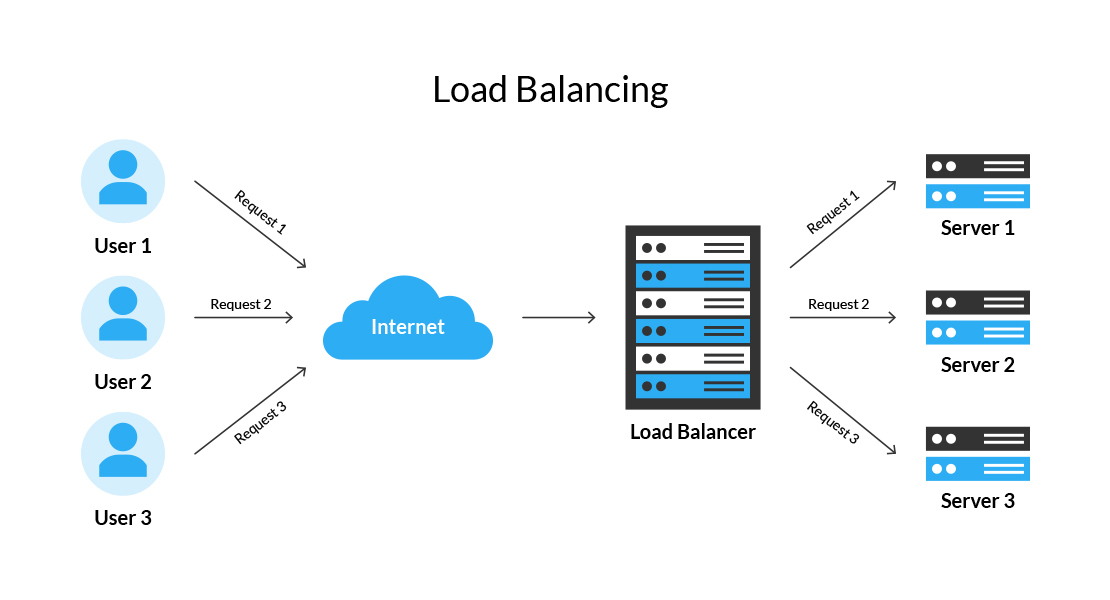3S LiPo and RC Batteries: Powering Remote Control's Future
Discover the future of remote control with 3S LiPo and RC batteries. Experience unparalleled power, efficiency, and performance for your RC models and drones like never before.

RC vehicles have captivated hobbyists and experts alike, supplying a thrilling combination of era, velocity, and ability. Central to the performance of those automobiles is the electricity supply: the battery. Among the various battery kinds used in RC vehicles, Lithium Polymer (LiPo) batteries stand out for their high energy density, lightweight, and capacity to supply consistent strength. Specifically, the 3S LiPo battery has become a popular preference due to its balance of voltage, capability, and size, making it perfect for a vast range of RC programs.
Understanding LiPo Batteries
Lithium Polymer (LiPo) Technology
LiPo batteries are rechargeable batteries that have gained recognition within the RC network due to their superior overall performance characteristics. Unlike conventional nickel-cadmium (NiCd) and Nickel-Metal Hydride (NiMH) batteries, LiPo batteries use a polymer electrolyte instead of a liquid electrolyte, allowing an extra flexible and compact design. This flexibility in shape enables producers to provide batteries in diverse shapes and sizes, catering to one-of-a-kind RC car necessities.
Key Features of LiPo Batteries
1. High Energy Density: LiPo batteries can save extra energy per unit of weight compared to other battery types. This high electricity density translates to longer run times and advanced overall performance for RC vehicles.
2. Lightweight: LiPo batteries' lightweight nature contributes to better handling and agility in RC cars, mainly in aerial applications like drones and helicopters, where weight is a critical element.
3. Consistent Power Delivery: LiPo batteries are recognised for their capacity to offer a steady voltage output throughout the discharge cycle, ensuring that RC automobiles maintain the most appropriate overall performance until the battery is almost depleted.
4. Fast Charging: LiPo batteries may be charged at better costs, reducing downtime and allowing fans to spend extra time participating in their RC automobiles.
The 3S LiPo Battery: Specifications and Benefits
The "3S" designation in a LiPo battery refers to its configuration of three series-connected cells. Each LiPo cell usually has a nominal voltage of three.7 volts. Therefore, a 3S LiPo battery has a total nominal voltage of 11.1 volts (3.7V x three). This voltage range suits many RC applications, presenting an excellent balance between electricity and safety.
Voltage and Capacity
The voltage of a 3S LiPo battery determines the speed and strength of the RC car. Higher voltage allows for faster motor speeds and extra thrust in aerial packages. The potential of the battery, measured in milliampere-hours (mAh), suggests how much charge the battery can keep. Higher-capacity batteries provide longer run times, but they are usually larger and heavier.
Safety Considerations
While LiPo batteries provide several blessings, they also require careful handling because of their excessive strength density and potential for overheating or fire if misused. Proper charging, storage, and management tactics are essential to ensure the protection and toughness of LiPo batteries.
Charging: Always use a charger specially designed for LiPo batteries and never leave them unattended at the same time as charging. It is vital to price at the recommended fee and avoid overcharging.
Storage: Store LiPo batteries in a cool, dry location and use a fireproof container if possible. To prevent degradation, store batteries at approximately 50% of their price.
Handling: Avoid puncturing or damaging the battery casing. If a LiPo battery becomes swollen or damaged, it ought to be properly disposed of and no longer used.
Choosing the Right Battery for Your RC Vehicle
The preference for battery relies upon the particular requirements of the RC automobile and the consumer's choices. Key factors to bear in mind encompass:
Voltage and Current Requirements: Ensure that the battery voltage suits the specifications of the RC car. The current rating (measured in C-rating) indicates how quickly the battery can discharge. A better C-score means the battery can deliver more modern performance, which is essential for excessive overall performance programs.
Weight and Size: The battery's bodily dimensions and weight should be well-matched with the RC car to maintain stability and management traits.
Run Time: Higher capacity batteries offer longer run times but may additionally add weight and take longer to feed. Balance the need for more extended operation with the effect on overall performance.
Budget: LiPo batteries are commonly more expensive than NiCd or NiMH batteries. However, their superior performance often justifies the cost for severe enthusiasts and aggressive packages.
Customisation and Modifications
Many RC fanatics revel in customising their cars, such as upgrading the strength system. This frequently includes switching to extra effective LiPo batteries, adding parallel or series connections to boom capability or voltage, and enforcing advanced charging and tracking systems. The ability to customise power setups allows hobbyists to tailor their motors to particular performance dreams and possibilities.
Conclusion
The evolution of RC batteries has been marked by significant improvements, from the early days of NiCd and NiMH batteries to the high-performance LiPo batteries that are widely used. Among those, the 3S LiPo battery has become a cornerstone for RC fanatics, offering a super mixture of voltage, capacity, and size to strengthen various vehicles.
Looking beforehand, improvements with graphene LiPo batteries and the stable-country era promise to further enhance the abilities and sustainability of RC batteries. Innovative battery structures and stepped-forward environmental practices play an essential role in shaping the destiny of the RC industry.
For hobbyists and professionals alike, the ongoing improvement of battery technology means that RC automobiles will continue to emerge as quicker, more efficient, and more fun to operate. By staying informed about the latest developments and best practices in battery management, RC lovers can maximise their overall performance and ensure a secure and sustainable interest.
What's Your Reaction?


















